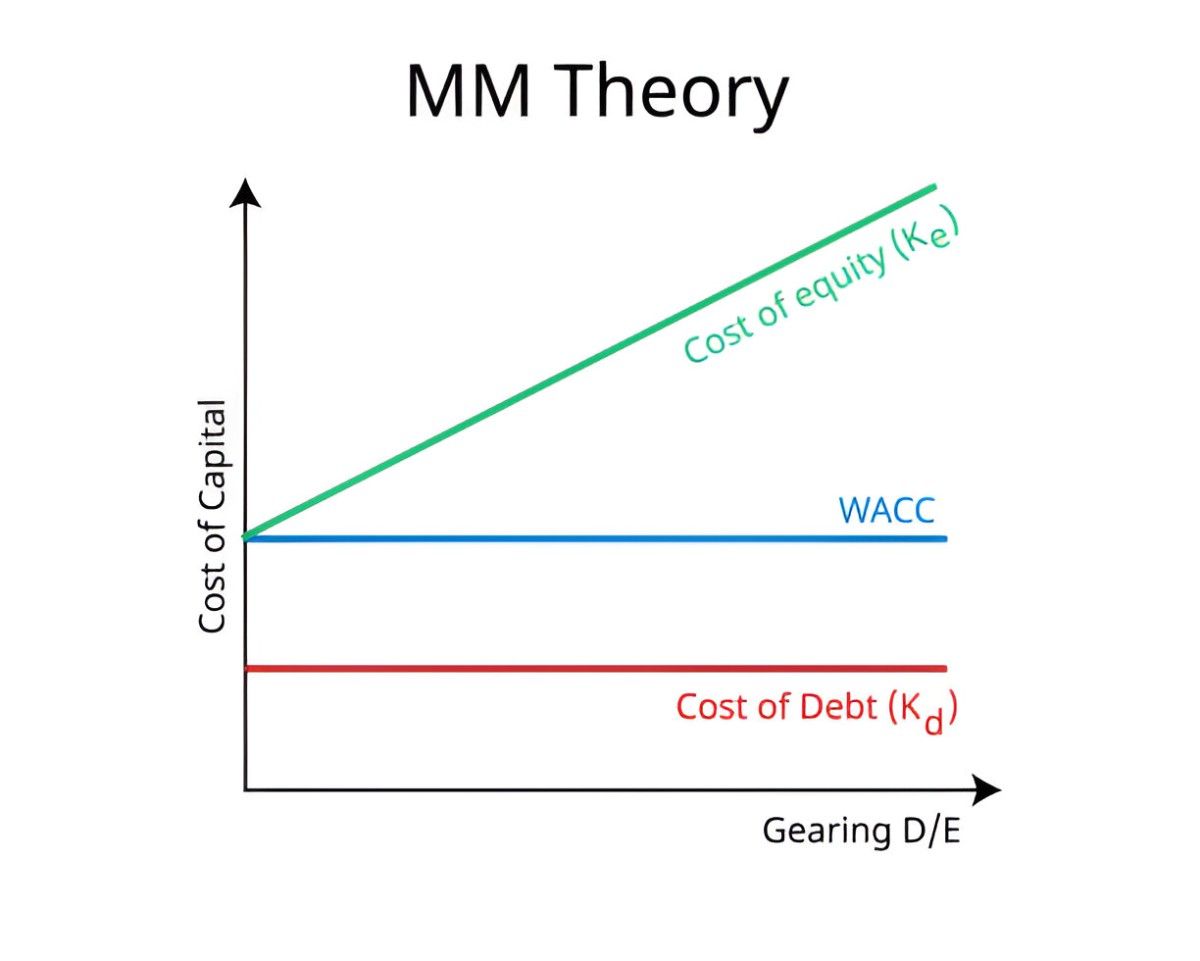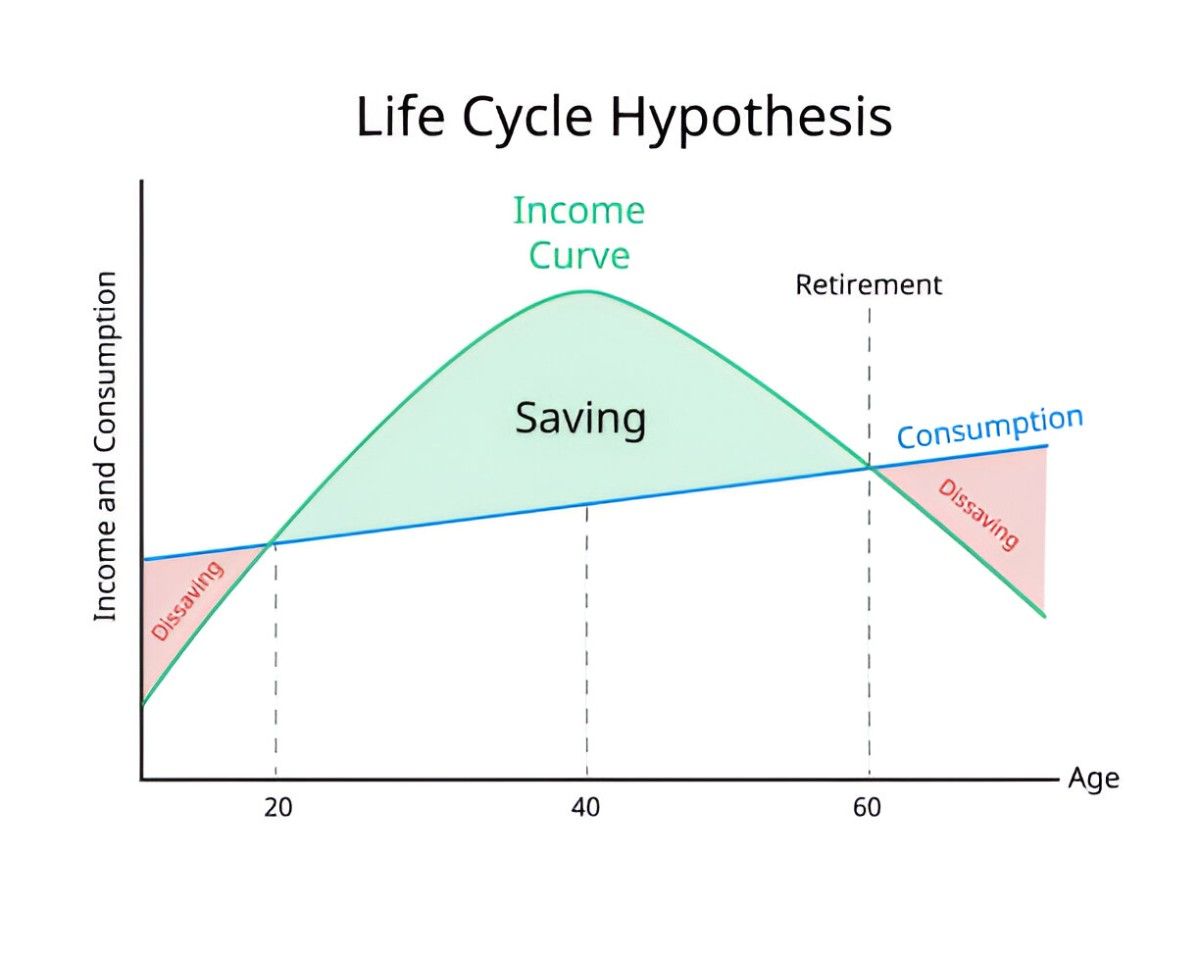The Theory of Constraints in Financial Services: A Comprehensive Guide
As someone deeply immersed in the finance and accounting fields, I have always been fascinated by how operational theories can transform industries. One such theory that has caught my attention is the Theory of Constraints (TOC). While TOC is often associated with manufacturing and production, its principles are equally applicable to financial services. In this […]
The Theory of Constraints in Financial Services: A Comprehensive Guide Read More »










